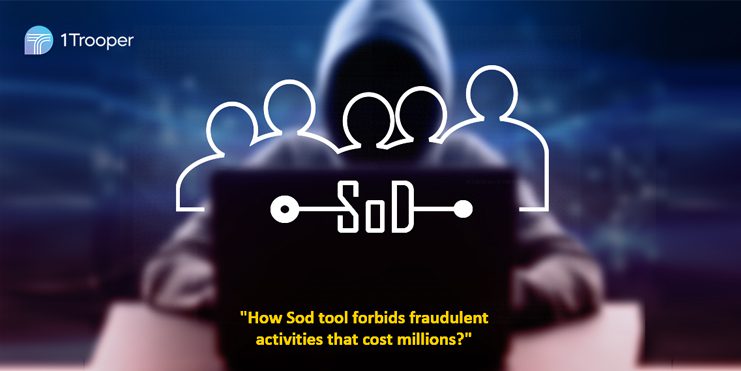
Two former Amazon.com, Inc., employees, Kayricka Wortham and Demetrius Hines have pleaded guilty to defrauding the company and stealing nearly $10 million. They had been employed in managerial and loss prevention roles and had abused their trusted positions over just a few months.
According to the sources, they have attempted to conceal their stratagem by using their roles within their organization to hide the actions they fraudulently benefitted from. They used their positions to submit more than $10 million in fictitious invoices for fake vendors, causing the company to pay nearly $9.4 million to them and their co-conspirators.
Kayricka Wortham, in her position, supervised and acted with an authority to approve new vendors and payment of vendor invoices. She provided fake vendor information to a few unknowing subordinates and made them input the information into the company’s vendor system. Once it was done, she approved the fake vendors by enabling those vendor accounts to submit the fictitious invoices for payment to Amazon. The payments for these invoices were typically approved by her.
Demetrius Hines, in his position, was responsible for loss prevention, monitoring security risks, and safeguarding people, products, and information. He was involved in the scheme and was directed to supply individuals’ information that could be used as fake vendor contacts. In total, Kayricka Wortham and her co-conspirators received approximately $9.4 million from the scheme.
Why do we need a SoD tool to prevent these kinds of fraudulent activities?
Segregation of duties (SoD) is a chief component of risk management. An SoD management tool enables organizations to segregate access to various accounts, applications, and systems. This skillful internal control is explicitly for restraining fraud and error in financial transactions.
This tool ensures that a minimum of two individuals are responsible for separate parts of any task. It involves breaking down tasks that a single individual completes into multiple tasks so that not one person is solely in control.
Segregating duties stops the abuse of control and consequent unscrupulous activities if any. Separating the duties of critical processes among numerous personnel reduces the chances of any one employee or third party in isolation or by colluding with others successfully accomplishing any of the following:
- Engaging in corporate espionage
- Stealing funds from the organization
- Launching any kind of revenge campaign because of perceived unfair dismissal, demotion, or another alleged mistreatment
- Falsifying financial records to satisfy stakeholders, encounter earnings forecasts, or inflate the company’s stock prices artificially.
An SoD tool automates the whole process of managing SoD. Analyzing every account that has access, it skilfully identifies and reports financial risks across the roles and also comes up with ways to fix the issues. It foresees the risks in user activities, shifts in responsibilities, and sorts out conflicts automatically.




